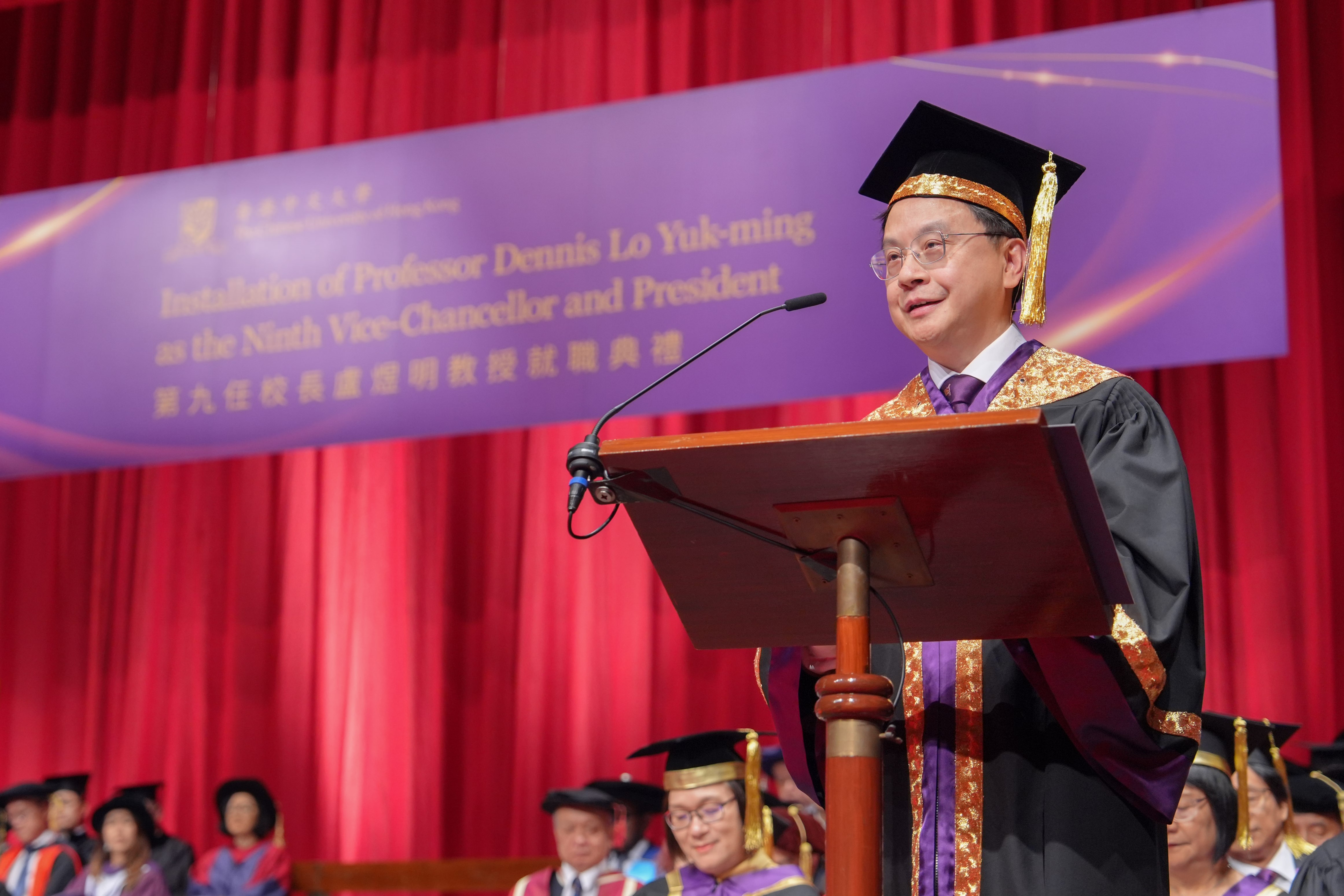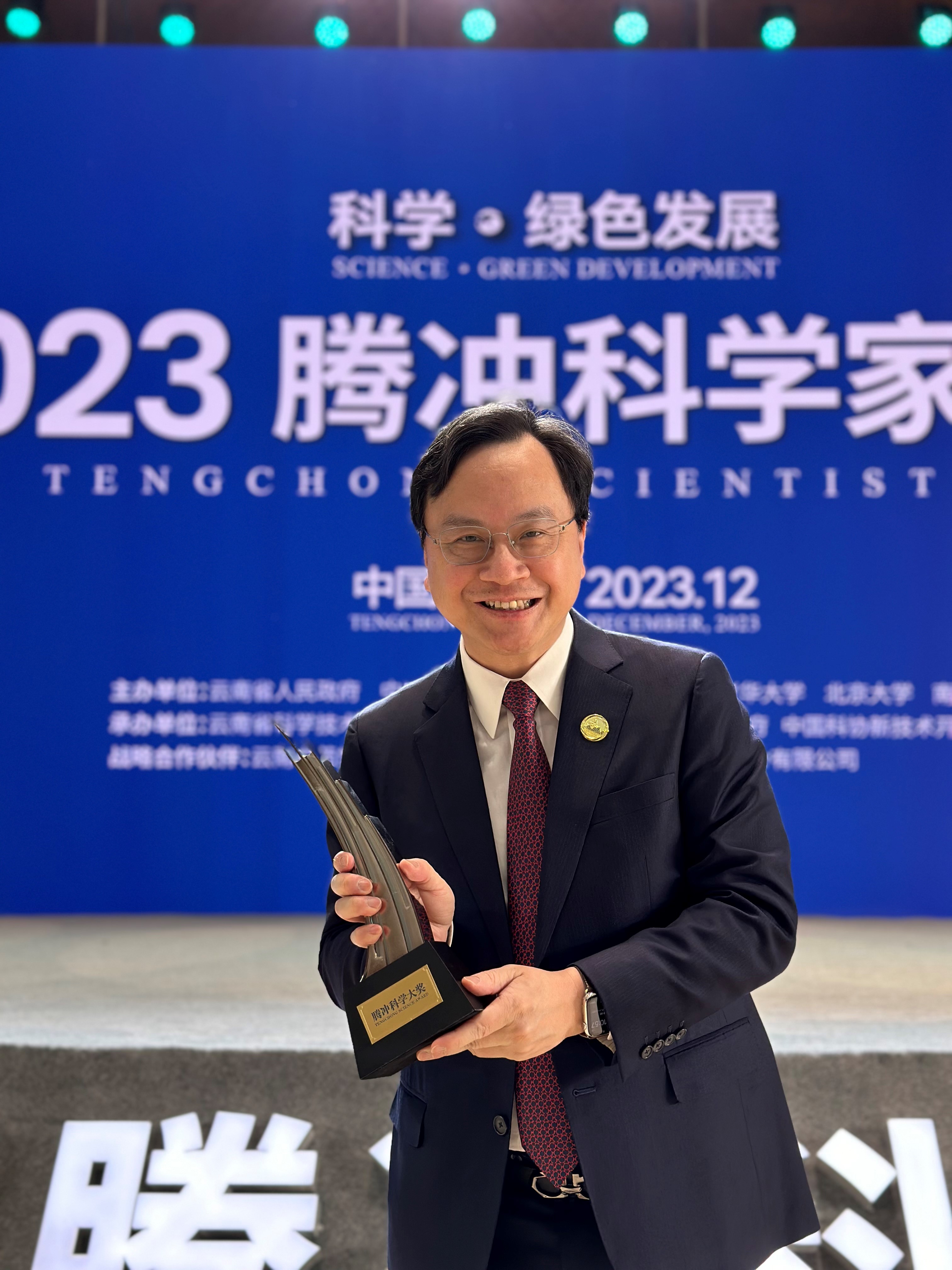
Hong Kong is entering a golden age of technological innovation, supported by an improving ecosystem, rising investor interest, and expanding infrastructure, said Dennis Lo Yuk-ming, one of the city’s top scientists.
“If I hadn’t returned to Hong Kong (in 1997 from the United Kingdom), I might not have been able to develop non-invasive prenatal testing technology,” Lo told China Daily in an exclusive interview, reflecting on his decision to return home with his wife, Alice Wong Siuling, also a scientist and educator.
Lo is renowned for the creation of noninvasive prenatal testing (NIPT), based on his discovery of the existence of fetal DNA in maternal blood. The test, requiring only a blood sample from the mother-to-be, screens for genetic disorders like Down syndrome, and has been widely adopted worldwide.
ALSO READ: Dennis Lo: Hong Kong provides favorable environment for R&D
“Over the past 28 years in Hong Kong, I have felt that the environment for science and technology has been improving continuously,” said Lo, adding that this progress has increased his confidence and his desire to mentor the next generation.
Support on the rise
Lo highlighted the city’s significant investment in innovation and technology, as well as the authorities’ support for infrastructure and funding.
The city’s flagship technology accelerators, including Hong Kong Science Park, Hong Kong Science and Technology Parks, and Cyberport, are home to nearly 30,000 R&D practitioners, along with 4,300 startups and tech companies.
Lo also highlighted funding of HK$6 billion ($767 million) for universities and research institutes, unveiled in the 2023-24 budget, which supported the establishment of research centers related to life and health technology.

Lo said he believes that these initiatives are timely, as both the special administrative region and the nation face the common challenge of an aging population, which warrants further research.
Aging populations bring a rise in illnesses, especially neurodegenerative diseases characterized by the progressive loss of neurons, leading to impaired nervous system functions, such as Alzheimer’s disease. This may impose a significant burden on the healthcare system, he said.
READ MORE: CUHK chief prioritizes talent, innovation, global reach
Lo’s expertise in molecular biology is contributing to solutions. His latest research focuses on cell-free DNA fragmentomics, a study of DNA fragments released into the blood when a cell dies. Its fragmentation, he said, does not happen randomly but is related to potential disease. A deeper understanding of fragmentomics could enable earlier cancer detection, he added.
Educating the future
Despite his many prominent roles, including president of the Hong Kong Academy of Sciences and president of the Chinese University of Hong Kong, Lo said that teaching is what he enjoys the most, as it allows him to pass on his knowledge and nurture new talent.
He dedicates at least one day per week to his scientific work. “This is not so arduous because I enjoy the process,” he said.
READ MORE: Five scholars bag HK$2m prizes for scientific breakthroughs
Lo is also a member of the “Distinguished Master, Accomplished Students Mentorship” program, which pairs high school students with established scientists and engineers in a one-year mentorship to help them find life direction.
Looking ahead, Lo emphasized the importance of education on patent protection and application, which he views as essential for knowledge transfer.
He urged researchers to plan early for patent applications, recalling his own setbacks caused by a lack of awareness — missing a patent for his first invention in college, and losing the patent for his second due to a poorly prepared application.
Given the costs and complexity of patent applications, Lo suggested that patents granted in Hong Kong, a limited market, could be applied for within the Guangdong-Hong Kong-Macao Greater Bay Area or other parts of the Chinese mainland. This, he said, may attract more applicants to the city and further foster innovation.
Contact the writer at atlasshao@chinadailyhk.com


